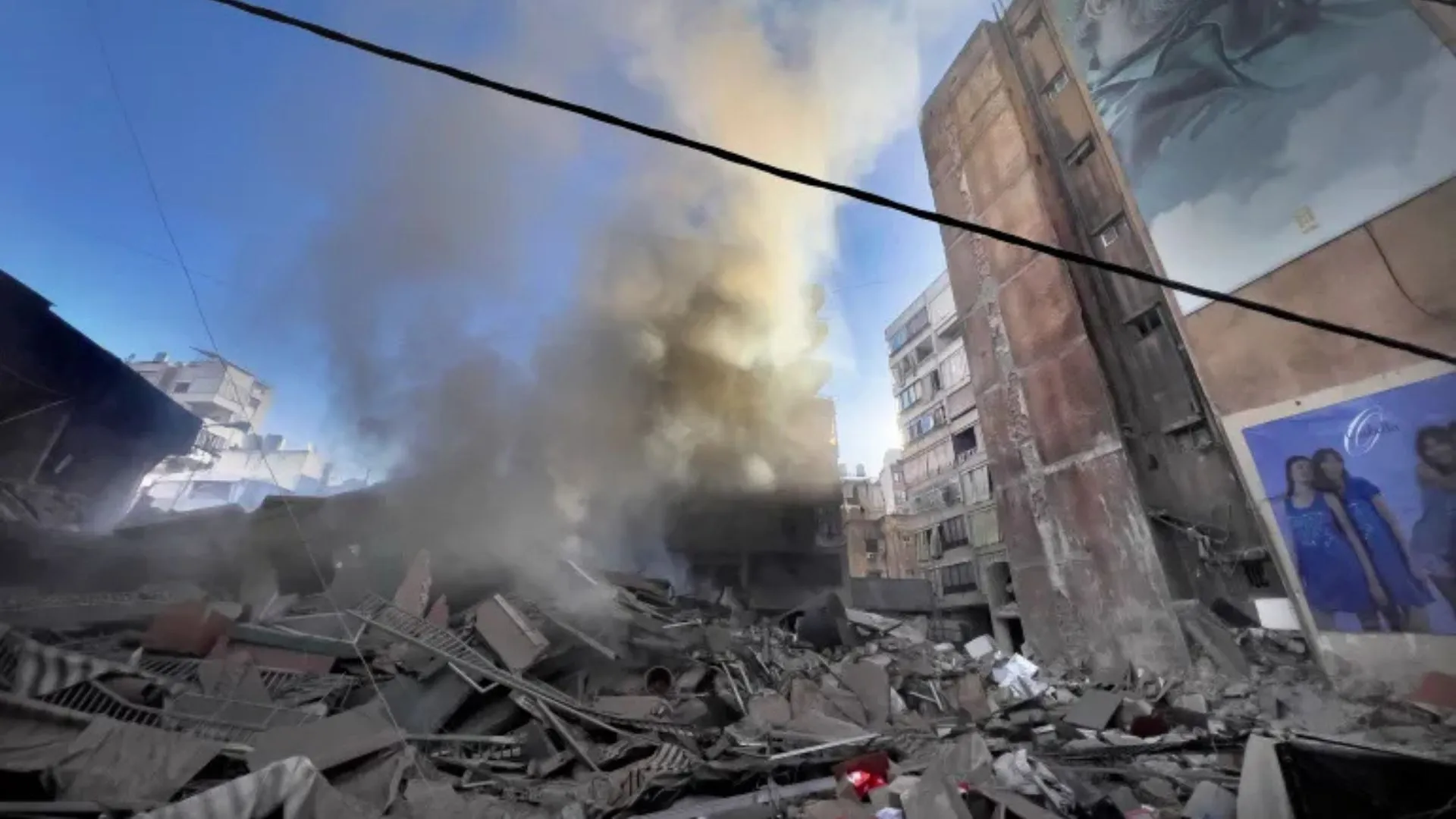Israeli forces continued their military operations in Gaza, specifically targeting the town of Jabalia in Northern Gaza. According to reports from Gaza’s civil defense agency, Israeli airstrikes on Wednesday (local time) killed 15 civilians and injured 20 others. The strikes, which hit a residential house, have been described as part of an ongoing campaign by Israel to thwart Hamas regrouping efforts in the region. The Israeli military has maintained that these actions are necessary to disrupt Hamas’ ability to reorganize and carry out further attacks.
The strikes on Jabalia are part of an extended series of Israeli military actions in Northern Gaza, where Israeli forces have been targeting locations they believe are linked to Hamas activities. The consistent targeting of civilian areas in Gaza has raised concerns over the humanitarian impact, as the local population continues to bear the brunt of the conflict.
Hezbollah and Israeli Strikes in Southern Lebanon
In addition to the situation in Gaza, Israeli forces also launched an airstrike in southern Lebanon, targeting a Hezbollah squad. According to the Israel Defense Forces (IDF), the strike targeted Hezbollah militants who were transferring weapons from a storage facility to a vehicle. The IDF released footage showing the militants moving weapons into a white van before the strike occurred. This action is part of Israel’s broader security operations aimed at neutralizing threats to its sovereignty.
The incident in southern Lebanon follows a broader geopolitical context where Hezbollah, a Lebanese militant group, continues to operate in the region despite a ceasefire agreement that was supposed to limit its activities. Under the ceasefire, Hezbollah is expected to withdraw from areas south of the Litani River, and the Lebanese Armed Forces are set to take over security in these areas. However, Israeli forces remain vigilant, ready to act against any threats emanating from Hezbollah or other groups operating in the region.
International Ceasefire Agreement and UN Security Council Resolution 1701
The ceasefire agreement, which began on November 27, mandates the withdrawal of both Israeli and Hezbollah forces from sensitive areas in southern Lebanon. According to United Nations Security Council Resolution 1701, which ended the 2006 Second Lebanon War, Hezbollah is prohibited from operating south of the Litani River. The UN’s peacekeeping force, UNIFIL, is tasked with monitoring the implementation of the agreement and ensuring stability in the area.
The ongoing violence in Gaza and southern Lebanon underscores the fragile and volatile nature of the region. As Israel continues its military operations, both in Gaza and against Hezbollah in Lebanon, the international community remains concerned about the rising civilian casualties and the potential for further escalation. The situation remains fluid, and the impact on local populations continues to be devastating.




















